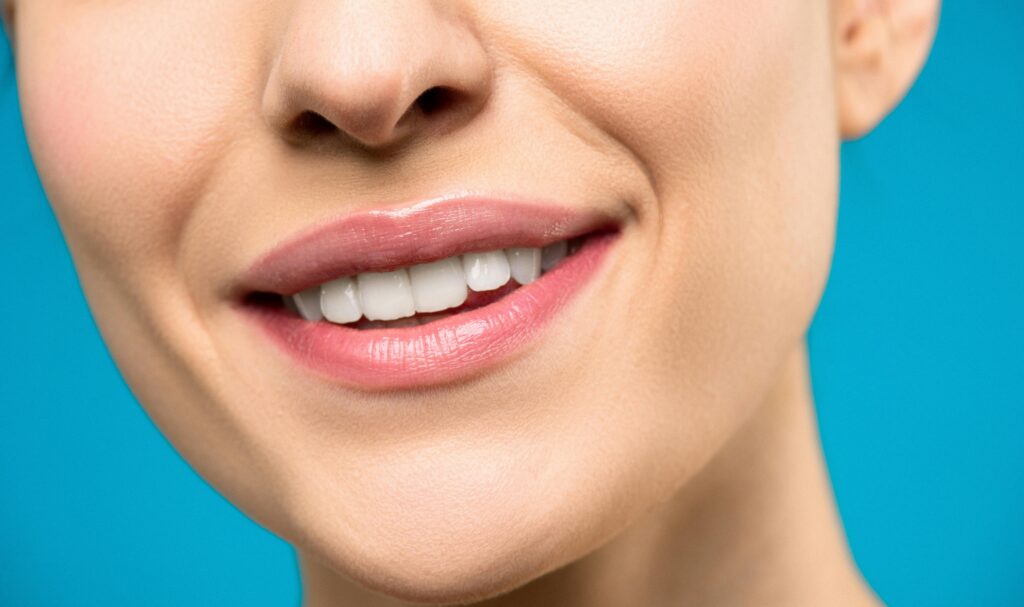
I’ve Chipped My Tooth – What Should I Do?
Suffering an injury of any kind is rarely a cause for celebration, but depending on the case in question, the impact may be more or less severe. Most of us can attend to very small cuts ourselves for example, but in other cases, it’s important to seek a specialist.
This is the case if experiencing dental damage. Sure, a small chipped or lost tooth might not signify the end of the world, and in some cases, this may not even be painful, but it’s an indication that you need to be attended to. Not only can this help restore your dental environment cosmetically, but functionally, too.
If you’ve chipped your tooth, you may not be 100% sure of what to do. In this post, we’ll provide a handy reference guide you can use to resolve the problem and move on with your life:
How Severe Is The Chip?
Not all tooth chips are created equal. Some may involve only the enamel and be barely visible even, while others may extend deeper into the pulp layers – you’re likely to feel these. Assessing the severity of the chip can help determine if you need immediate treatment or not. Still, even if you don’t, you should book an appointment regardless.
You can’t see the full story in the mirror, and it might be that your tooth requires extraction for health reasons, you can restore with a finish, or other options are available like dental bonding or filling. If you have the chipped part of the tooth, don’t be afraid to pick it up, keep it safe, and wash it before bringing it to your closest dentist near me for reference.
Apply Cold Compress To Reduce Swelling
You might not chip your tooth violently, but that doesn’t mean it was a gentle break. For this reason, it’s good to work on swelling or inflammation if you can. Washing your mouth with warm water can help you clean the surrounding area, while a cold compress can help any bumps or inflammation go down.
If the damage is severe, head to your emergency dentist’s office and let them know if you’ve taken any painkillers in advance, so they know how to help you relieve the pain.
Change Your Dietary Intake While You Heal
Following a chipped tooth, it’s essential to adjust your dietary habits to promote healing and prevent further damage to the affected area. Avoiding hard or crunchy foods can help prevent additional stress on the chipped tooth and reduce the risk of further fracturing or even pain.
We’d recommend softer, easy-to-chew options like soups, yogurt, steamed vegetables, and mashed potatoes – or just blend your food if you can! It’s only temporary, after all.
Additionally, steer clear of sticky or sugary foods that can adhere to the damaged tooth and increase the likelihood of bacterial growth and decay. Of course, calcium helps our bones remain strong, and so you could do worse than drinking milk or taking supplements while you heal, just make sure not to exceed your recommended daily amount for health reasons.
With this advice, you’re sure to rectify the situation after a chipped tooth, even if it hasn’t been the most convenient and enjoyable experience you’ve ever had.
DISCLAIMER: This post is a collaborative post and may contain affiliate links. Please read my Disclosure and Disclaimer for more information.